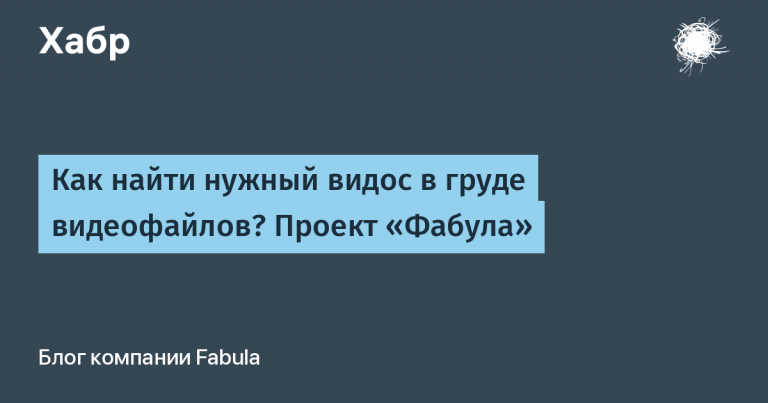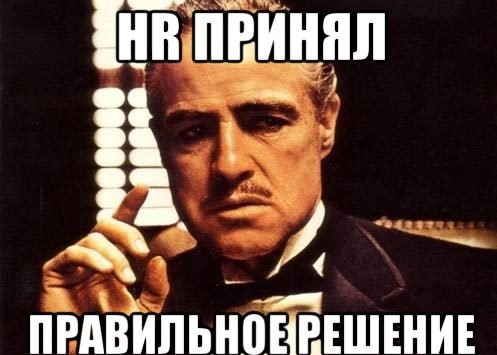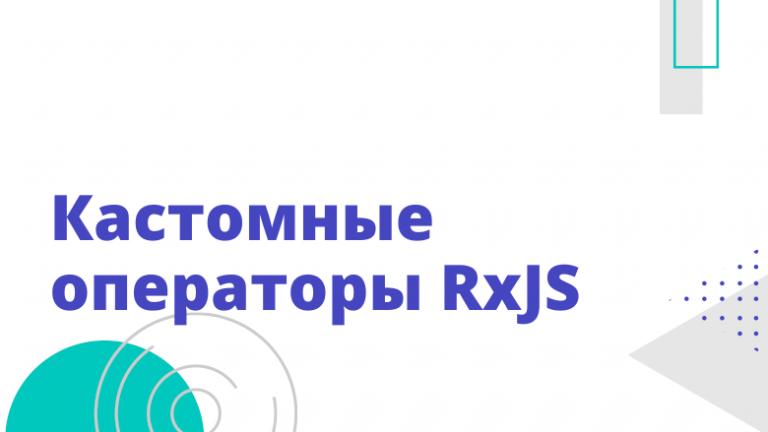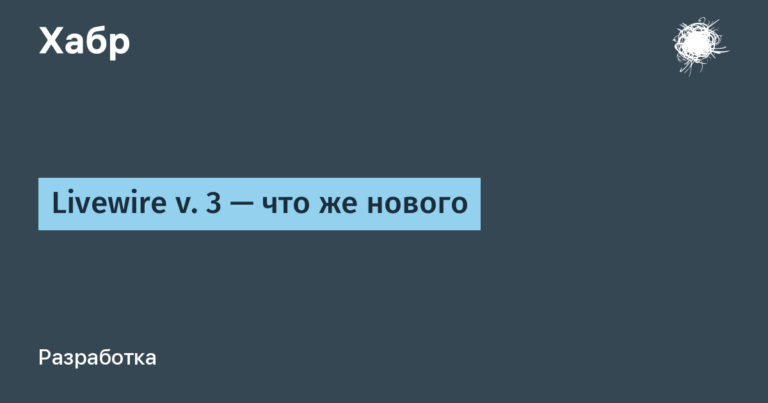Shafira Goldwasser's story
Shafi was born in New York in 1959, in a family of immigrants from Israel. Soon, Shafira's parents returned to their homeland, and the girl attended primary school in Tel Aviv, paying special attention to mathematics and physics. After graduating from school, Shafira thought about continuing her education. She didn’t want to study in Israel, and therefore, returning to the USA, she entered the bachelor’s degree program at the Faculty of Mathematics Carnegie Mellon University. It was there that Shafi began taking a course on algorithms and discrete mathematics taught by a talented teacher named John Bentley. This subject, as well as the manner of teaching it, fascinated Shafi so much that she became seriously interested in computer science and programming, although she had not previously shown much interest in these disciplines.

The following summer after receiving her diploma, Shafira Goldwasser went to do an internship in Los Angeles at the RAND Corporation. California literally captivated the girl, but she finally fell in love with it when one weekend she drove along the scenic highway along the Gulf Coast in Berkeley. Shafi liked the city itself and the environment so much that she decided to enroll in a master's program at the University of California at Berkeley in computer science, not yet really knowing what exactly she wanted to study.
Her master's thesis was devoted to studying the optimal instruction set for processors with RISC architecture. However, Shafira soon met a group of young scientists working in cryptography, which included her future Turing Award co-winner Silvio Micali. It was then that she came to the conclusion that she was much more interested in doing theoretical research at the intersection of computer science and mathematics, and cryptography really fascinated her. This passion became the meaning of her life when Shafi attended the Crypto conference in Santa Barbara and met three authors of the cryptographic system RSA, who subsequently also received the Turing Award: Ron Rivest, Adi Shamir and Len Adleman. Conversations with these people reinforced her confidence that her chosen field of work was not only interesting, but also of great practical importance in the computer industry and information security.
Together with Mikali, Shafira began working on her own cryptographic system: scientists tried to prove that encrypting individual bits of information in a message makes the entire message secure. It is this public key cryptographic system, called “Cryptosystem Goldwasser – Micali (GM)“, was awarded the Turing Award in 2012 for pioneering work that has had a significant impact on modern cryptography.

In their research, Goldwasser and Micali first introduced the concept of “semantic strength” in relation to an attack: it consists in the fact that the ciphertext does not leak useful information about the source text (except for the length of the source text itself) if the attacker has limited computing resources. The authors formulated the definition of this property as follows: “all elements of a clear message that can be efficiently calculated from a given ciphertext can be efficiently calculated without it.” The main practical value of Goldwasser and Micali's work was that some encrypted messages can be very short – for example, containing only a single instruction to buy or sell, or the name of a specific person among several possible options. If such a message is encrypted using a public key algorithm that uses a one-way function with a secret, its content can be determined by the size of the ciphertext. The Goldwasser-Micali cryptosystem eliminated this drawback.
Shafi and Silvio developed a probabilistic encryption scheme with a high degree of semantic strength. The message is encrypted bit by bit, and this cryptosystem uses an error-free randomized algorithm: random operations in the encryption algorithm cannot distort the ciphertext. The algorithm is based on complex mathematical functions such as large number factorization and discrete logarithm functions, making it extremely difficult to crack. Since anyone using a GM scheme can encrypt a message with a public key, and then anyone with a private key can verify the authenticity of the message, this cryptosystem provides effective proof of the authenticity of transmitted data. At the same time, transferring a public key does not require the use of a secret channel, which simplifies the process of key exchange.
The Goldwasser-Micali cryptosystem has found wide application in various fields, including protecting data confidentiality, creating electronic signatures, secure transmission of information over networks, and others. Its importance in computer technology is manifested in its high efficiency and reliability, as well as in ensuring high security of transmitted messages.

After graduating from Berkeley in 1984, Shafi joined the Massachusetts Institute of Technology, first as a postdoc and then as a faculty member. She later recalled that it was an amazing time: there she joined a group of researchers working on converting a pseudorandom number generator into a pseudorandom function generator. Later, these studies influenced the development of block encryption systems, including AES. There at MIT, Shafira and her colleagues worked to expand the traditional concept of “proof” to an interactive process in which the “prover” can convince a conditional “verifier” of the correctness of the proof. This process was called “interactive zero-knowledge proof”: it answered the question of whether it was possible to prove some non-trivial statement (for example, that a line of text is written in a particular language) without revealing any knowledge about why this statement is true.
The principle was as follows: the “verifier” independently simulated the probability distribution that he receives when interacting with the “prover”, without receiving from him any information about the truth of the original statement. Another result of this research was a version of interactive proofs, where one “prover” is replaced by two or more “provers” who cannot communicate with each other. Shafi showed that in this model, two “provers” are sufficient, and all statements can be 100% proven with zero knowledge. This work was awarded the ACM SIGACT Gödel Prize and served as the basis for much research that eventually became a key tool in the development of modern cryptographic protocols.

As a mathematician and cryptographer, Shafira Goldwasser was the author of many other important developments: for example, she proposed innovative methods for delegating calculations in distributed systems, which are now used by many cloud services and distributed systems. In the field of number theory, she was noted for her joint invention with Joe Kilian of the proof of primality using elliptic curves. When a “prime number” is chosen for a cryptographic algorithm such as RSA, the “Goldwasser-Kilian proof” can be used to verify that the number is indeed prime. As a hobby, Godwasser launched CETI Project is an international project that aims to decipher the “language of communication” of sperm whales using the achievements of artificial intelligence.
In 1997, Shafira Goldwasser was invited to become a university professor of electrical engineering and computer science in South Africa. A few years earlier, she had begun a parallel career as a professor of computer science and applied mathematics at the Weizmann Institute of Science in Israel. Along with her husband and computer scientist Nir Shavit, and two sons, Shafi somehow managed to divide her time between the two institutions, spending about three years in each country on rotation.
As a contribution to the field of information security, Shafi has published research on various code obfuscation models. Together with Tauman Kalai and Rotblum, she proposed an algorithm that obfuscates the code so that the program can only be executed a limited number of times. She also came up with a new paradigm for function obfuscation called “token-based obfuscation.”
Another area of Goldwasser's research is defense against “side-channel attacks,” where an attacker can obtain information that is not part of the data stream defined by the protocol. Shafi showed how to implement public key encryption in such a way that it remains secure even if the memory containing the secret key is partially leaked. This initiated intensive research to achieve leak resistance for cryptographic primitives and protocols.
As often happens with computer scientists, Shafira Goldwasser couldn't ignore business. In 2016, she co-founded and became chief scientific officer of Duality Technologies, a startup developing secure data analytics technologies using advanced cryptographic techniques. In addition, she is a scientific advisor to several US technology startups specializing in blockchain and cryptocurrencies.
Shafira Goldwasser was awarded an honorary doctorate from her alma mater, Carnegie Mellon University, and in 2019 received an honorary doctorate from the University of Oxford. She is often cited as one of the most prominent women in computing, although Shafi is less well known than some of her colleagues. A notable fact: Shafira's husband Nir Shavit also received the Gödel Prize for his own contributions to IT, so the total number of computer award winners among members of her family of four is a record.
The article is supported by the team Serverspace.
Serverspace – a cloud service provider that provides rental virtual servers with Linux and Windows OS in 8 data centers: Russia, Belarus, Kazakhstan, the Netherlands, Turkey, USA, Canada and Brazil. To build an IT infrastructure, the provider also offers: creation of networks, gateways, backups, CDN, DNS services, S3 object storage.
IT infrastructure | Cashback 17% with code HABR






